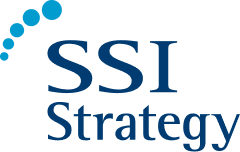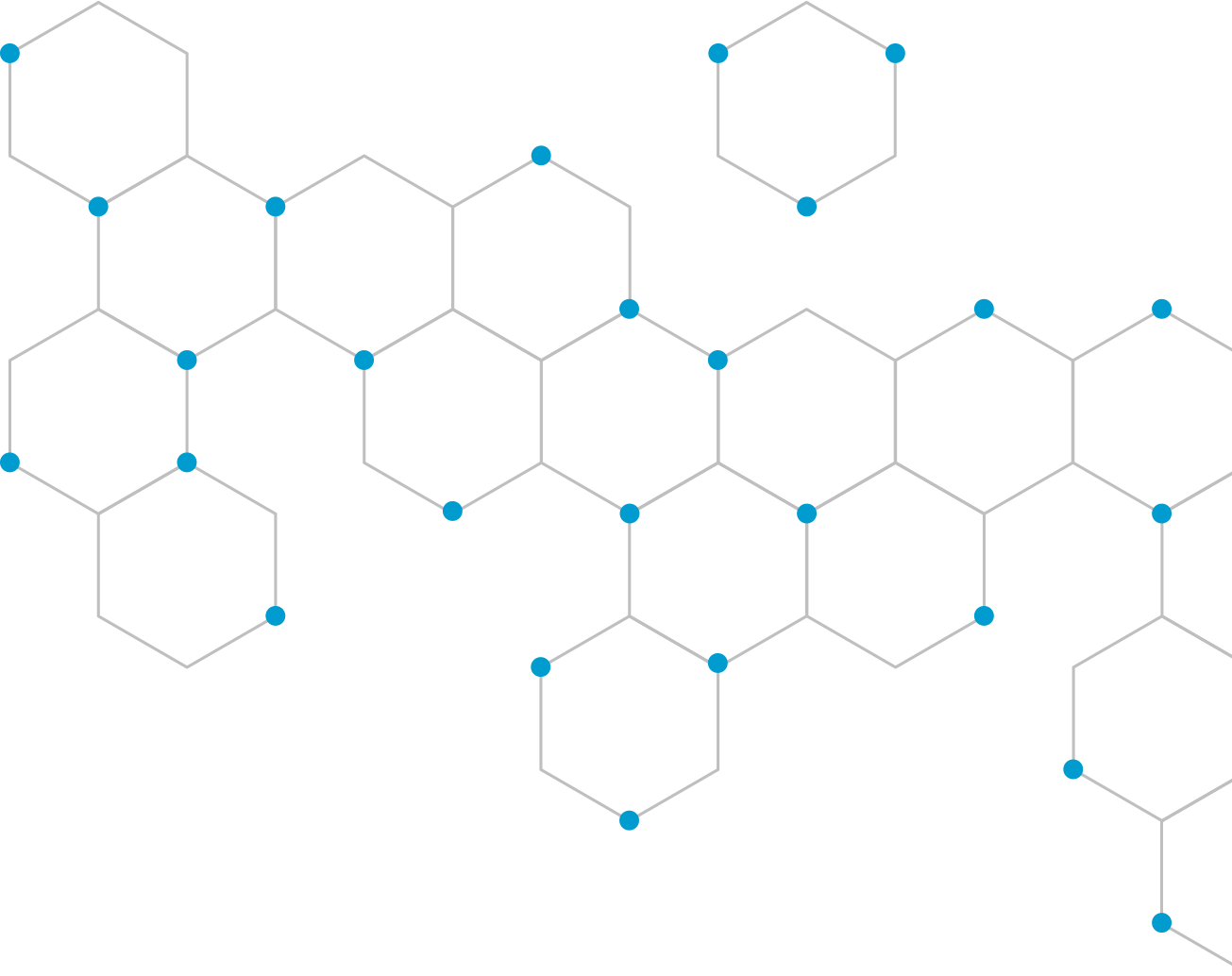Rare diseases present unique challenges for drug development due to their low prevalence and the associated difficulties in recruiting sufficient numbers of patients for clinical trials. This makes it difficult for companies to recoup the high costs of research and development. Recognizing these issues, the UK Medicines and Healthcare Products Regulatory Agency (MHRA) has implemented a range of supportive policies and incentives aimed at stimulating rare disease drug development.
Developing treatments for rare diseases poses unique challenges due to their limited prevalence. However, the UK's Medicines and Healthcare Products Regulatory Agency (MHRA) is proactively incentivizing medicine development in this area. By offering market exclusivity, fee reimbursements and supportive policies, MHRA aims to advance rare disease therapies.
The MHRA recognizes that successful development requires both scientific commitment and financial investment. To address this, the MHRA has introduced a range of incentives that can significantly reduce the burdens on pharmaceutical companies engaged in rare disease research.
Market Exclusivity and Fee Refunds
One key incentive is market exclusivity. Medicinal products that receive orphan designation upon marketing authorization are granted up to 10 years of market exclusivity for the approved orphan indication. This shields products from similar competition, allowing companies to recoup costs. Additionally, orphan medicines authorized in GB with the results of studies from a pediatric investigation plan (PIP) included in the product information are eligible for an additional two years of market exclusivity.
To address the financial strain that comes when seeking approval, the agency offers either full or partial refunds for marketing authorization fees to companies that are pursuing orphan drug development.
Small and medium enterprises (SMEs) play an important role in driving innovation. To support these organizations, MHRA provides a waiver from scientific advice fees for UK-based SMEs. This policy aims to foster an environment where smaller industry players can contribute to rare disease research and development.
Market Exclusivity and Fee Refunds
Obtaining orphan drug designation from MHRA requires navigating a structured application process and meeting eligibility criteria that demonstrate the product addresses an unmet need for a rare disease. For a medicine to qualify, it must meet several key criteria:
- It must be intended for the treatment, prevention, or diagnosis of a disease that is life-threatening or chronically debilitating.
- The prevalence of the condition in Great Britain must not exceed 5 in 10,000, or the investment needed for development must not be justified by potential returns from the medicine's marketing.
- No satisfactory method of diagnosis, prevention, or treatment exists in Great Britain, or the medicine must provide significant benefits beyond existing methods.
Application Submission and Evaluation
Unlike the EU procedure, where an early orphan designation can be obtained, the application for orphan designation in the UK must be made at the same time as the application for market authorization. The MHRA examines orphan designation applications alongside the marketing authorization application (MAA). Applicants should submit the Great Britain Orphan Drug Designation Application Form along with their MAA. The Commission on Human Medicines (CHM), the MHRA's advisory committee, evaluates the fulfilment of orphan criteria in parallel with the MAA assessment.
If the MHRA determines that the criteria for orphan designation are not met, companies have the opportunity to appeal this decision to the CHM before the marketing authorization is granted.
Conclusion
MHRA has implemented a comprehensive suite of policies that collectively aim to stimulate rare disease drug development. By lowering costs through incentives like fee refunds and exclusivity periods, while maintaining a rigorous scientific review process, the agency seeks to balance supporting innovation with ensuring regulatory standards are met. With guidelines and support mechanisms that foster involvement across different stakeholders, MHRA demonstrates intent to establish an efficient and predictable regulatory pathway for interested parties pursuing treatments in this complex domain.


